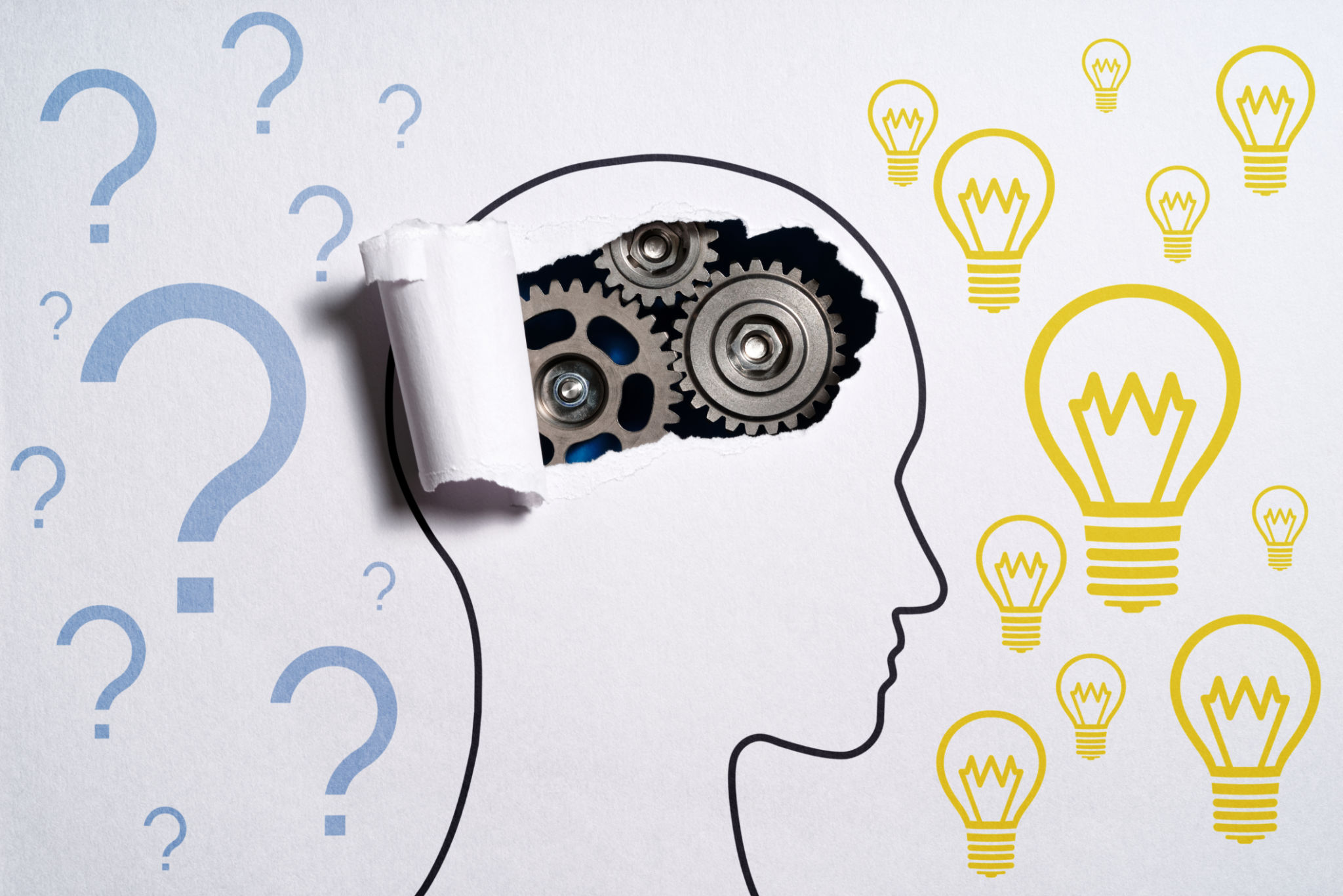Philosophy and Critical Thinking: Building Skills for High School Students
The Importance of Philosophy in High School Education
Philosophy is often viewed as an abstract subject reserved for scholars and academics. However, introducing philosophy to high school students can be incredibly beneficial. It encourages them to ask profound questions, think critically, and develop open-mindedness. By engaging with philosophical concepts, students can enhance their reasoning skills and understand diverse perspectives, which are essential in today's complex world.
Integrating philosophy into the high school curriculum can help students learn how to construct well-founded arguments and consider the ethical implications of their decisions. This foundation is not only advantageous for academic growth but also for personal development and social interactions.

Developing Critical Thinking Skills
Critical thinking involves analyzing facts objectively and evaluating information to form a judgment. It is a crucial skill that helps students navigate through the barrage of information they encounter daily. High school is an ideal time to cultivate these skills, as students begin to form their own opinions about the world around them.
By engaging in philosophical discussions, students learn to question assumptions, recognize biases, and distinguish between valid arguments and fallacies. These skills are invaluable not only in academic settings but also in making informed decisions in everyday life.

How Philosophy Encourages Critical Thinking
Philosophy naturally lends itself to developing critical thinking skills through its emphasis on logical reasoning and argumentation. By examining philosophical texts and engaging in debates, students learn to identify logical fallacies and build coherent arguments. This process helps them become more discerning thinkers.
- Improving analytical skills by evaluating arguments and evidence.
- Encouraging open-mindedness through exposure to diverse viewpoints.
- Enhancing problem-solving abilities by tackling complex philosophical questions.
Practical Applications of Philosophy
The skills gained through studying philosophy are applicable beyond the classroom. In a world where information is abundant and often conflicting, the ability to think critically is a powerful tool. Students who have practiced philosophical thinking can approach problems methodically and consider multiple perspectives before reaching conclusions.

Moreover, these skills are highly sought after in various careers. Employers value individuals who can think independently, communicate effectively, and solve problems creatively. By fostering these abilities through philosophy education, high schools prepare students for future success in any field they choose to pursue.
Implementing Philosophy in High School Curricula
To integrate philosophy effectively into high school education, schools can start by introducing interdisciplinary courses that combine philosophy with other subjects like history or literature. Encouraging open discussions and debates on philosophical topics can also be a practical approach to engage students actively.
- Introduce introductory philosophy courses that cover fundamental concepts.
- Incorporate philosophical questions into existing subjects to promote deeper thinking.
- Provide opportunities for students to participate in debate clubs or philosophy clubs.
Conclusion: The Lifelong Benefits of Philosophy
Incorporating philosophy and critical thinking into high school education equips students with essential tools for personal and academic growth. By fostering a mindset that values inquiry and reflection, educators can prepare students not just for tests but for life itself. The skills developed through philosophy have far-reaching benefits that extend into every aspect of their futures.
As we look towards a future where adaptability and thoughtful decision-making are paramount, the role of philosophy in education becomes increasingly significant. By nurturing these skills early on, we can pave the way for more thoughtful, informed, and empathetic generations.